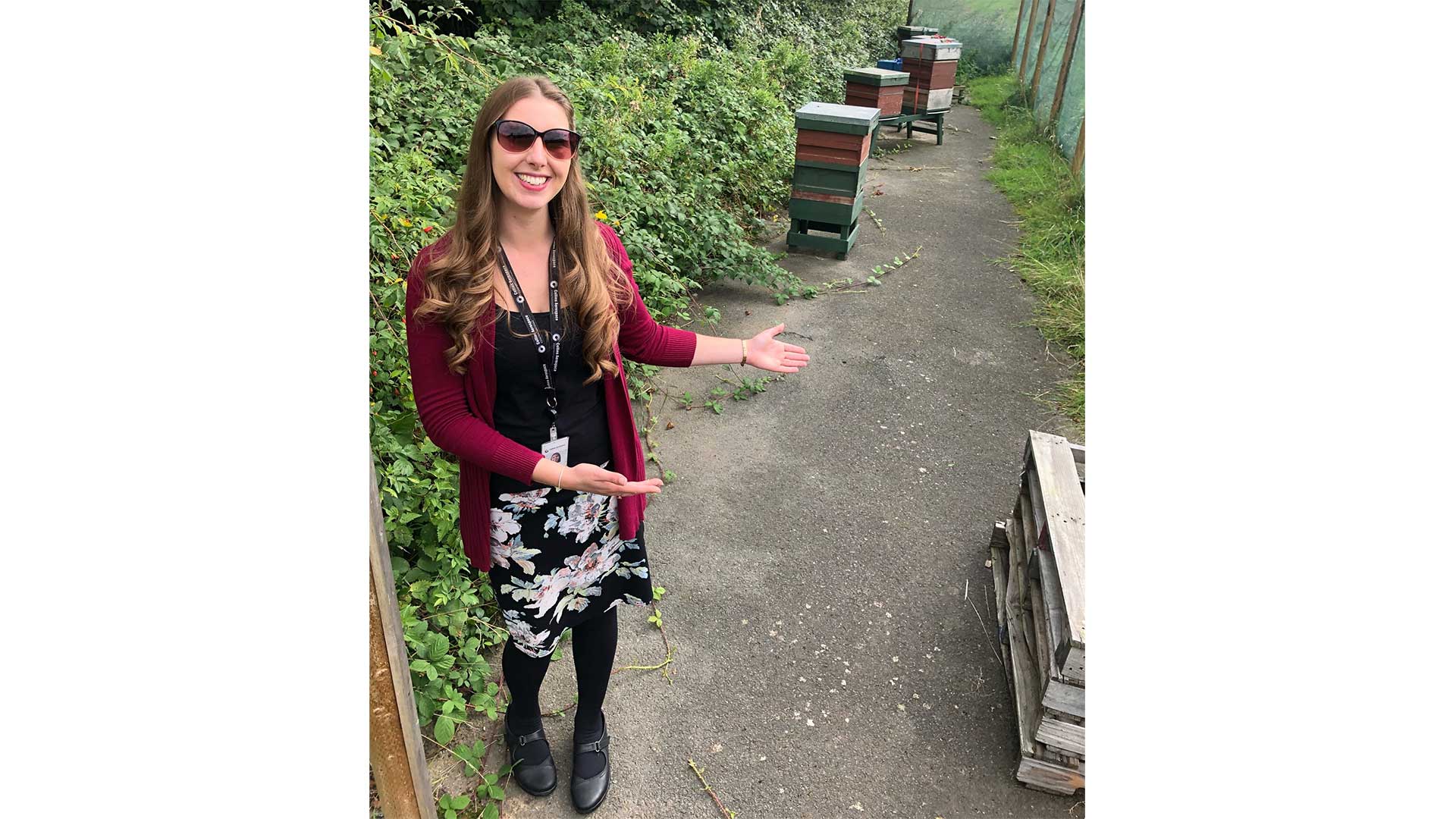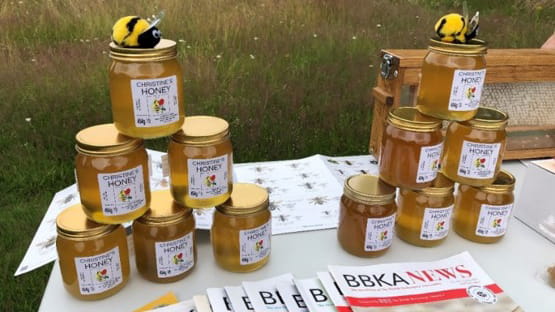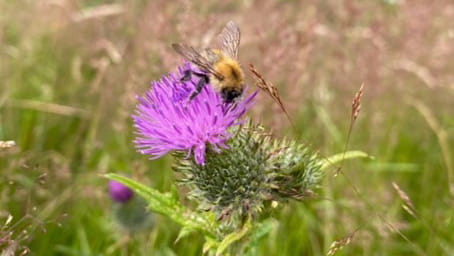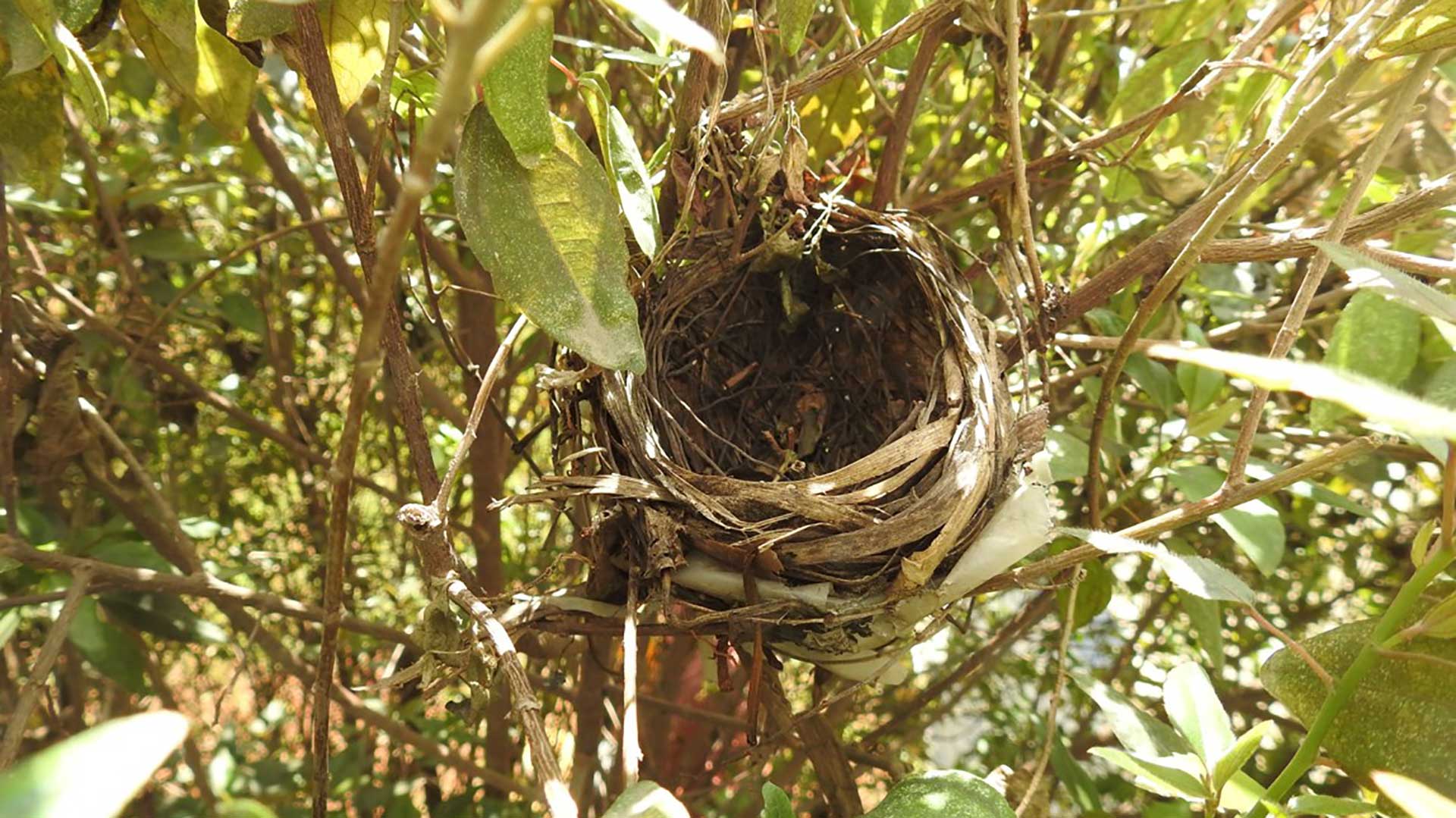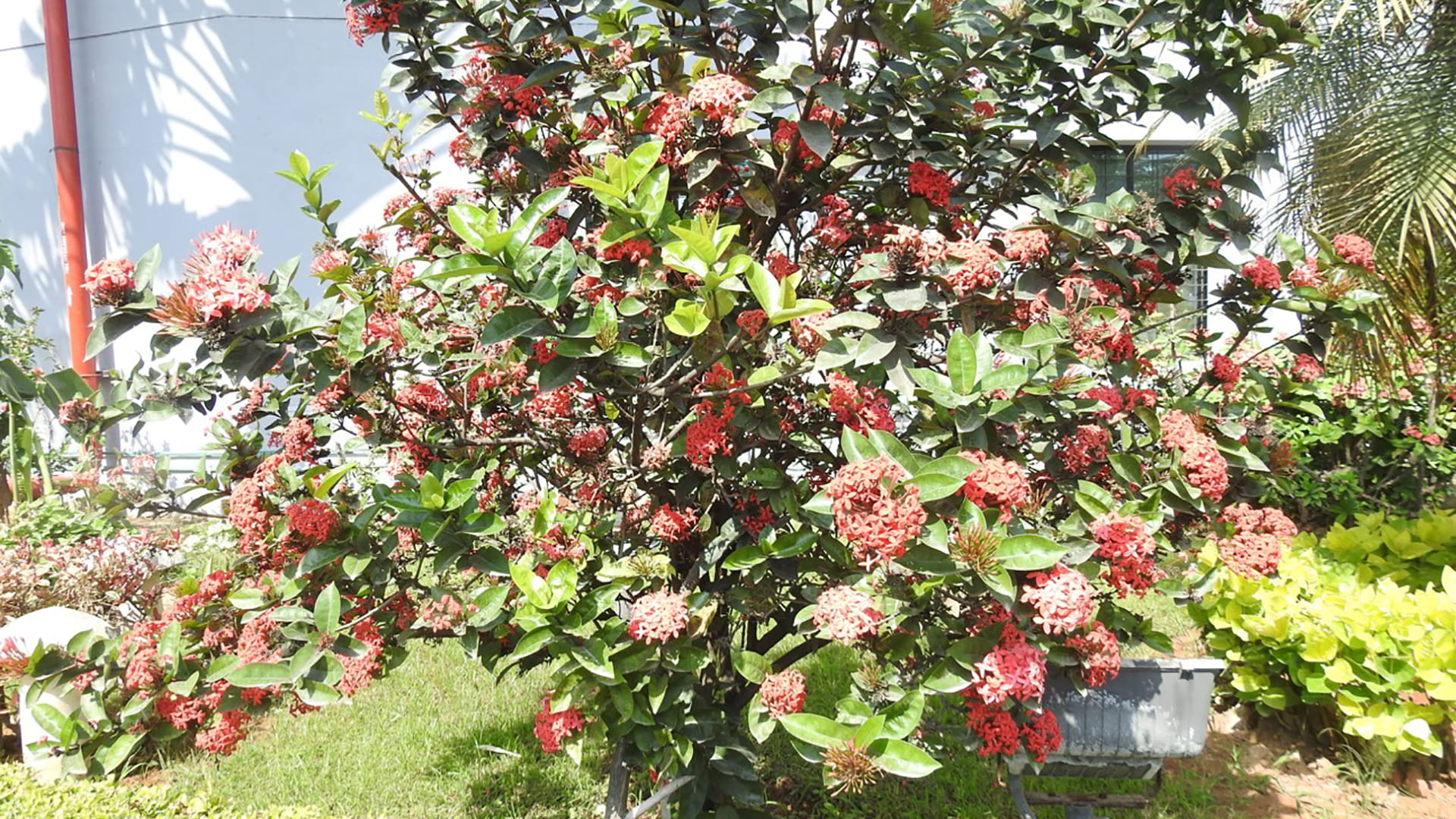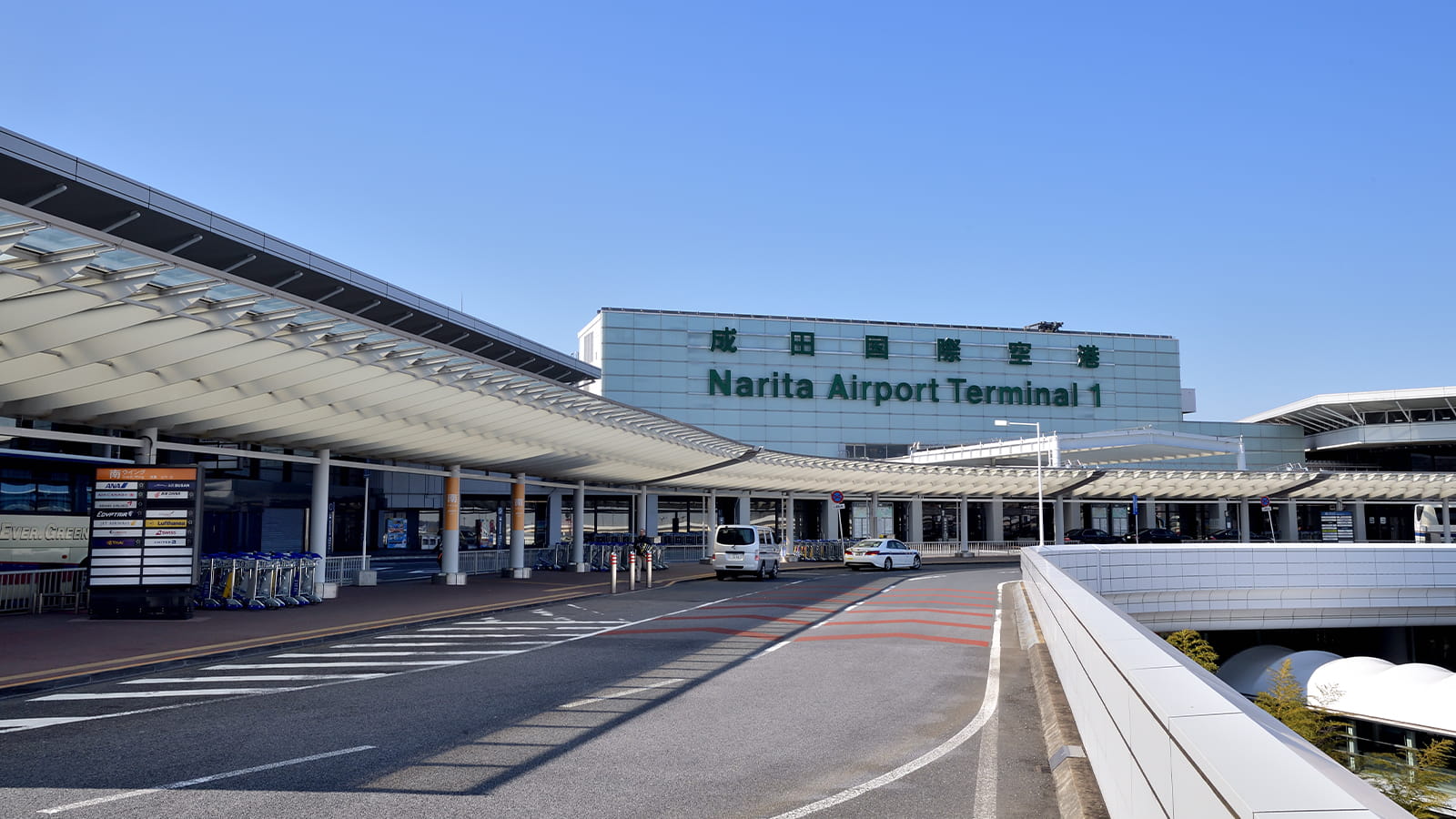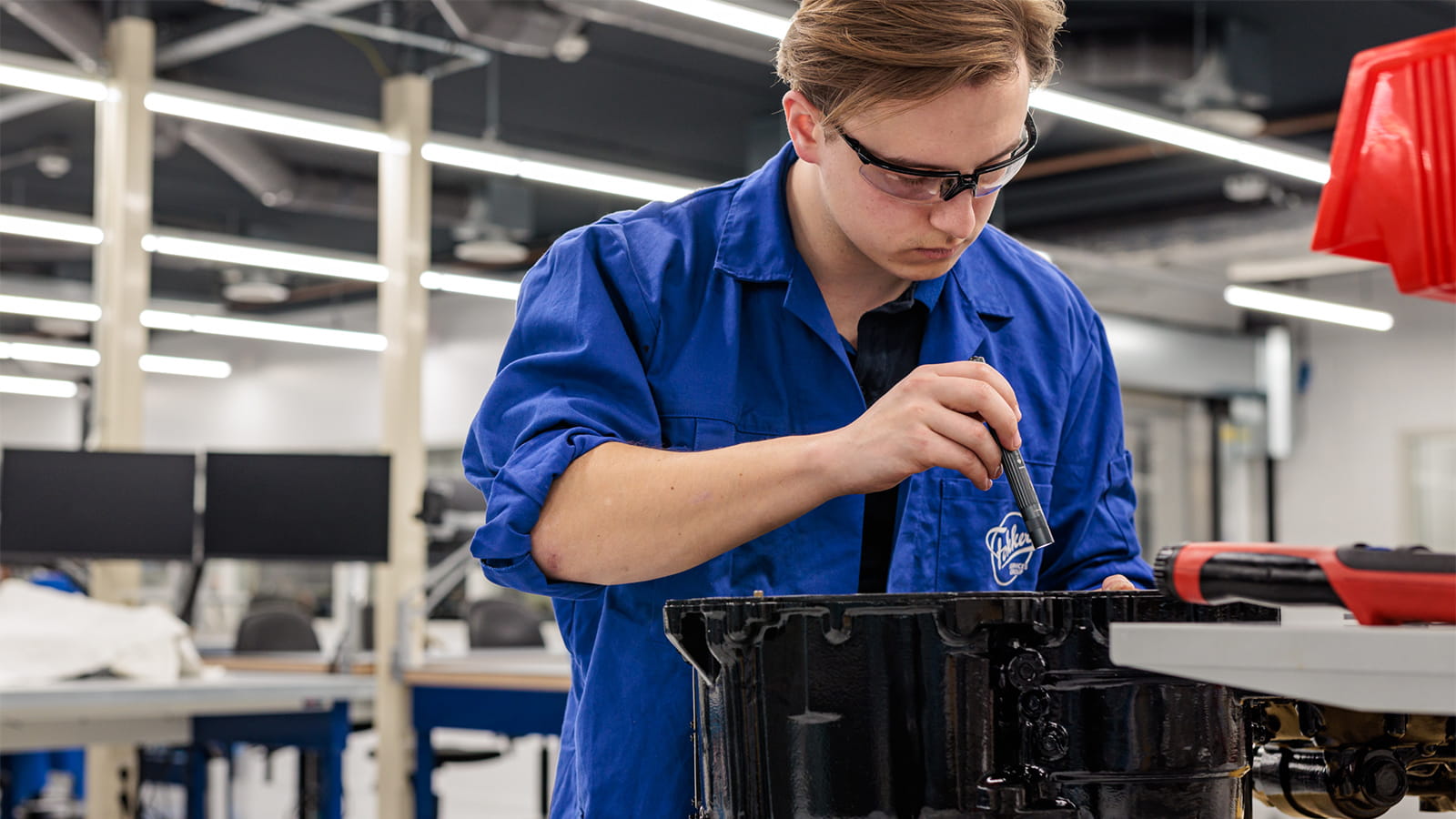Spotlight on Sustainability
Sites across Collins Aerospace are stepping up to find creative ways to help build a more sustainable planet – and they’re getting a little help from the bees, birds and … chickens.
They’re among Earth’s original experts in flight. Now, bees and birds are helping employees at Collins Aerospace take on local sustainability initiatives – a modest complement to the business’ large-scale work in areas including aircraft electrification and hybrid electric flight.
Here’s how some employees of Collins, a Raytheon Technologies business, are finding creative ways to incorporate sustainable practices in the communities where they live and work.
Wolverhampton hosts the honeybees
Most days, you can find Fay Heywood taking at least one stroll around the lush, 1 million square-foot campus where she works in Wolverhampton, U.K. – part of Collins’ Mechanical Systems Actuation business.
Heywood often heads straight for the row of five beehives tucked like tiny apartment buildings along a meadow garden at the back of the property. She’s welcomed by the hum of more than 70,000 honeybees who call the hives home – and who employees and locals refer to as “The Collins Bees.”
Placing the hives there, as well as creating the meadow, were ideas Heywood and the site’s Environment, Health & Safety (EH&S) team had in 2019. Heywood is a site EH&S advisor and thought bringing in the honeybees would have wellness perks for employees and be a positive addition to the area ecosystem. Employees would have a chance to take outdoor breaks to get to know their new “neighbors.” And, in addition to producing honey, the bees -- as prolific pollinators -- could help support healthy plant and flower growth at the site.
“We wanted to give people a reason to step outside and not only enjoy the natural world, but care for it at the same time,” said Heywood. “It’s been a great way to create a sense of community.”
She reached out to the local beekeeping association to bring in and care for the hives currently on site; and that group connected her to another nonprofit, Forest of Mercia, to help with plans to seed the meadow with wildflowers.
For now, employees can pass by the beehives when walking the perimeter of the meadow and are invited to purchase the honey and byproducts – the proceeds of which benefit local hospice and other nonprofits. Heywood also organizes periodic “meet the beekeepers” events on site, bringing in experts to talk about the lifecycle of the bees and the benefits of beekeeping.
Forest of Mercia also helped secure funding from another organization, Trees for Climate, to help Collins Wolverhampton create an onsite orchard of up to 50 fruit trees – more good news for the employees, the bees, and the environment.
Bengaluru is a beacon for migrating birds and butterflies
The Collins Global Operations site in Bengaluru, India, sits on 11 acres and is home to more than 1,800 employees. And, thanks to an abundance of trees – 30-foot silk oaks and French cherry trees, along with blossoming shrubs throughout – it’s also home to countless migrating birds and butterflies. It’s a win-win for all: Wildlife enjoy the natural habitat and food supply, while employees can take a relaxing break outdoors.
The site also has a successful on-site composting program that turns food scraps from two cafeterias and yard waste from the gardens into natural fertilizer for the landscaping. Approximately 2 tons of compost are produced every month, which translates to a reduction of 25 metric tons of CO2-equivalent greenhouse emissions per year.
Casablanca has fowl on the prowl
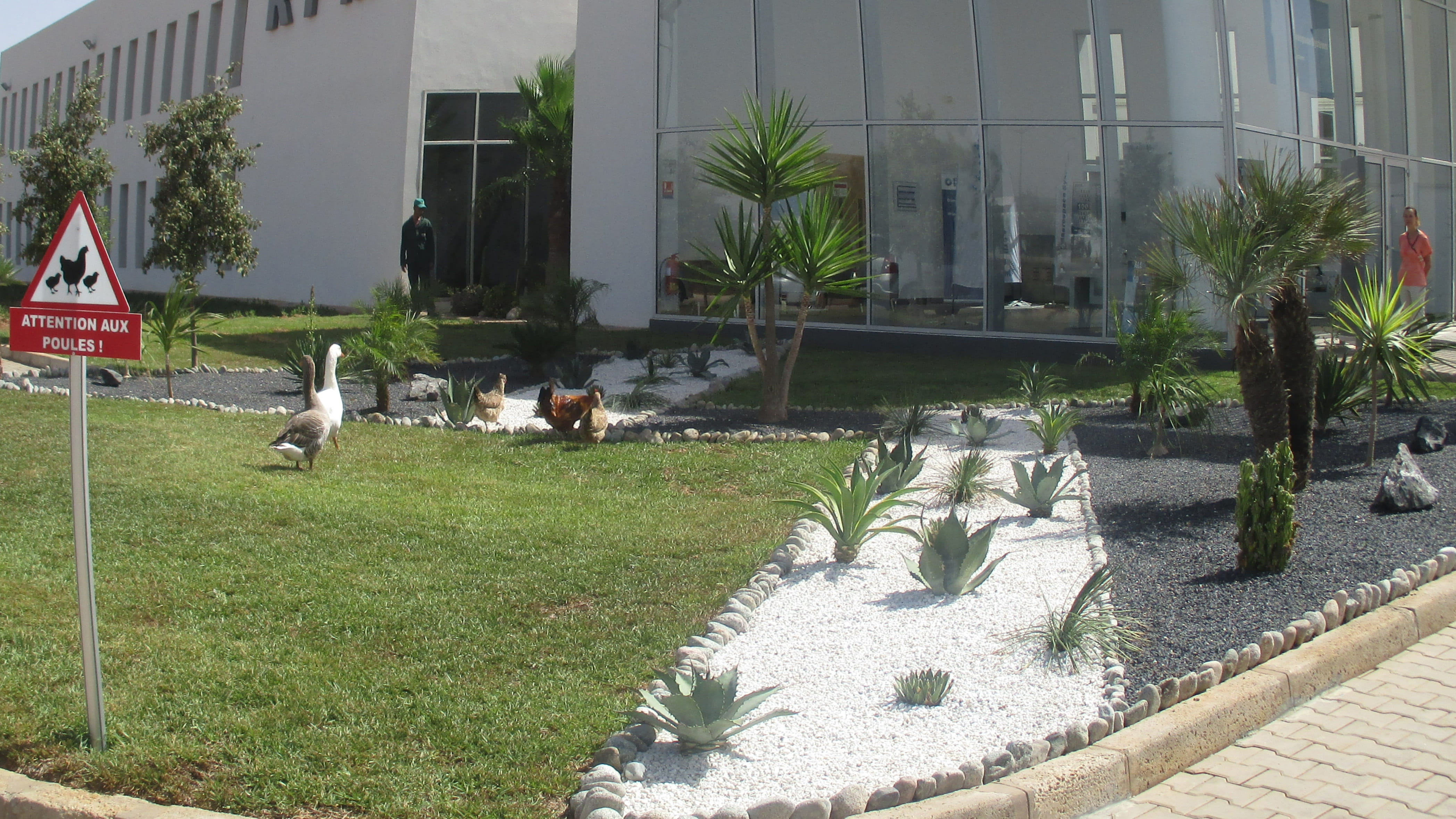
At the Collins site in Casablanca, ducks, geese and chickens help keep moths from flying into the specialized aircraft parts built at the site.
The EH&S team from Collins’ Mechanical Systems Actuation site in Casablanca, Morocco, also had sustainability in mind when they brought in a variety of fowl – ducks, geese and chickens – to help keep moths from flying into the specialized aircraft parts built at the site. The birds provide a natural, non-chemical, moth deterrent, and, in turn, employees enjoy getting outside and seeing them in action. Volunteers also help supplement the birds’ diets by sharing food scraps from the site’s canteen.
At different sites, in different ways, Collins Aerospace employees are teaming up to take care of each other and the environment – whether it’s a big-picture solution that can help decarbonize the skies or smaller scale sustainability efforts taking place outside their own office door.

